To succeed, an incentive program must capture the attention of participants and inspire them to do great things. Rewards are key to earning mindshare and achieving results. I serve on the Research Committee of the Incentive Research Foundation (IRF) and we recently completed the Rewards Preferences: Making a Lasting Impact on Incentive Program Participants study to understand which rewards really motivate incentive program participants.
This groundbreaking study turned up some surprising results. Here are a few insights you can apply to your program:
- There’s a Big Missed Opportunity. Top-ranked reward preferences included company-sponsored special events, dining rewards, and points to be accumulated and redeemed. These rewards were only offered to less than 10% of study participants, but can easily be integrated into incentive programs, particularly with the help of a points-based recognition platform.
- Program Satisfaction Correlates to Engagement. This is one of those “Which came first, the chicken or the egg?” results, but the study finds that that there is a clear relationship between recognition program satisfaction and engagement. Pay attention to participant satisfaction and the program will pay off in the end.
- Experience Matters Most. All of the top five rewards that correlate to engagement have to do with the experience of being recognized from a prime parking place to a dinner with family paid for by the company. It’s not enough to be the best. People want to be seen as the best and to savor the resulting recognition experience.
- Incentive Travel Comes Out on Top. Even during a pandemic, incentive travel rewards are top motivators. The only thing ahead of them – paid time off. In fact, despite the concerns about COVID-19, during the fall of 2020, there was less than a 1% decrease in interest in travel as a reward. With a vaccine in distribution and hotels beginning to book their prime dates for late 2021 and beyond, it’s time to get back in the game.
- Cash Just Doesn’t Motivate. It seems counterintuitive, but it’s true. The IRF researcher writes, “Cash bonuses were almost universally a top pick of how employees wanted to be rewarded. Yet, receiving a cash bonus was ranked sixth when rewards were correlated to job satisfaction and for motivation to do best work.” That’s consistent will all of the research of the last twenty years. Check out Conscious and Unconscious Reward Preference and Choice: A Biometric Experiment for more information on how cash stacks up against merchandise and experiences. Cash is not as effective as other rewards.
The key take-away? Be sure your program is rooted in the rewards that really motivate to generate excitement and engagement. You’ll strengthen the bond between the organization and your best people through satisfaction and meet your goals through motivation. Your program is your competitive advantage.



